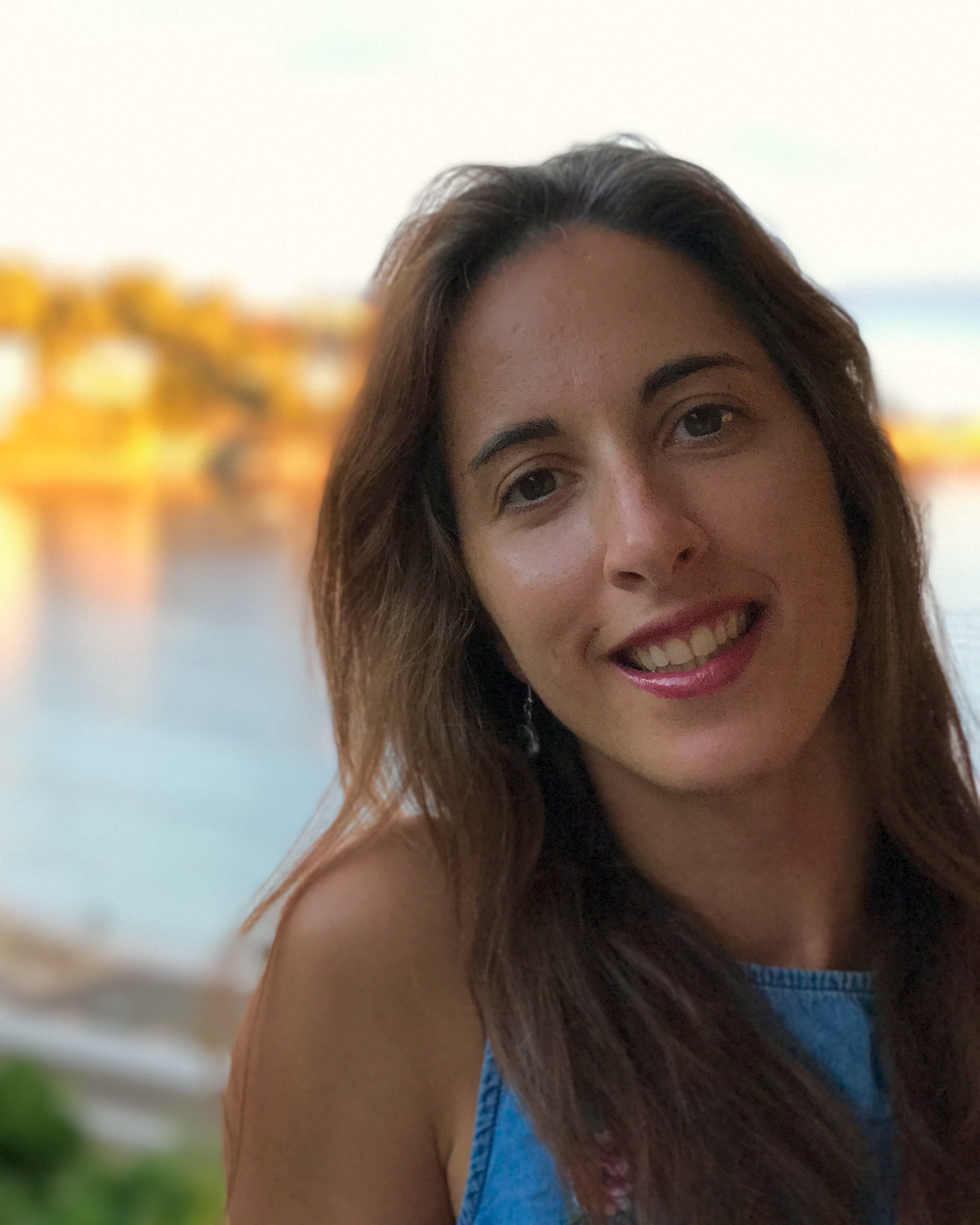The Marie Skłodowska-Curie (MSCA) Individual Fellowships are designed to help the most talented and promising researchers develop their skills further, whilst diversifying their experience through advanced training and international working.
Kinga Aurelia Gawel, a postdoc in the Esguerra Group, and Eva Cunha, a Researcher in the Luecke Group, have both been awarded an Individual Fellowship, with the Faculty of Medicine (UiO) and NCMM as host:
Kinga Aurelia Gawel
Project: GEMZ- Genetic Epilepsy Models in Zebrafish.
Kinga Aurelia Gawel comments:
- Epilepsy is a devastating neurological disease which affects approximately 1% of people worldwide. 30% of these sufferers are resistant to the drugs currently available. Thanks to the development of genetic-based techniques, we now know that at least some of the phenotypes of the disease, previously called "idiopathic", have a genetic background.
- Rare mutations, found in different channels, are responsible for different types of epilepsy symptoms, ranging from mild to severe epileptic encephalopathy. My project aims to generate new models of epilepsy in zebrafish, with a focus on specific channel mutations. We will characterize these models and describe how known mutations affect the phenotype of the zebrafish model, and the type of seizures detected. We believe that this process will help us to identify new therapeutic options for the patients suffering from this rare mutation.
Eva Cunha
Project: Structural studies of the full-length human Vitamin C transporters using Cryo-EM
Eva Cunha comments:

- This project aims at studying the function of Vitamin C transporters, key for normal metabolism of all mammalian cells, which plays a critical role in cellular redox balance and as a cofactor in a variety of enzymatic pathways. The deregulation of Vitamin C levels has been associated with several human diseases, however, despite its importance, the atomic-level mechanism of how Vitamin C crosses the membrane remains unknown.
- Furthermore, the structural basis for the functional differences between transporter types is unknown. Using a multidisciplinary approach, including the recently revolutionized cryo-electron microscopy (Cryo-EM) method, we will elucidate the mechanism of Sodium-dependent Vitamin C Transporters (SVCT) and determine structural differences between different transporter subtypes, as well as structural details of their interactions with Vitamin C.
- Over the last three years, remarkable progress has been achieved in the field of Cryo-EM, substantially increasing the signal-to-noise ratio, resulting in structure determination at near-atomic resolution. I therefore believe that now is the perfect time to invest into and develop the field of Cryo-EM targeting important scientific problems that affect society at large.
Success for Faculty of Medicine
2017 was a very successful year for the Faculty of Medicine, UiO, in terms of success rates for the Marie Curie Individual Fellowships, with four out of six applications from MED accepted.
The Fellowships are highly competitive, so it is a real marker of success for both the Faculty and for NCMM to host these researchers.